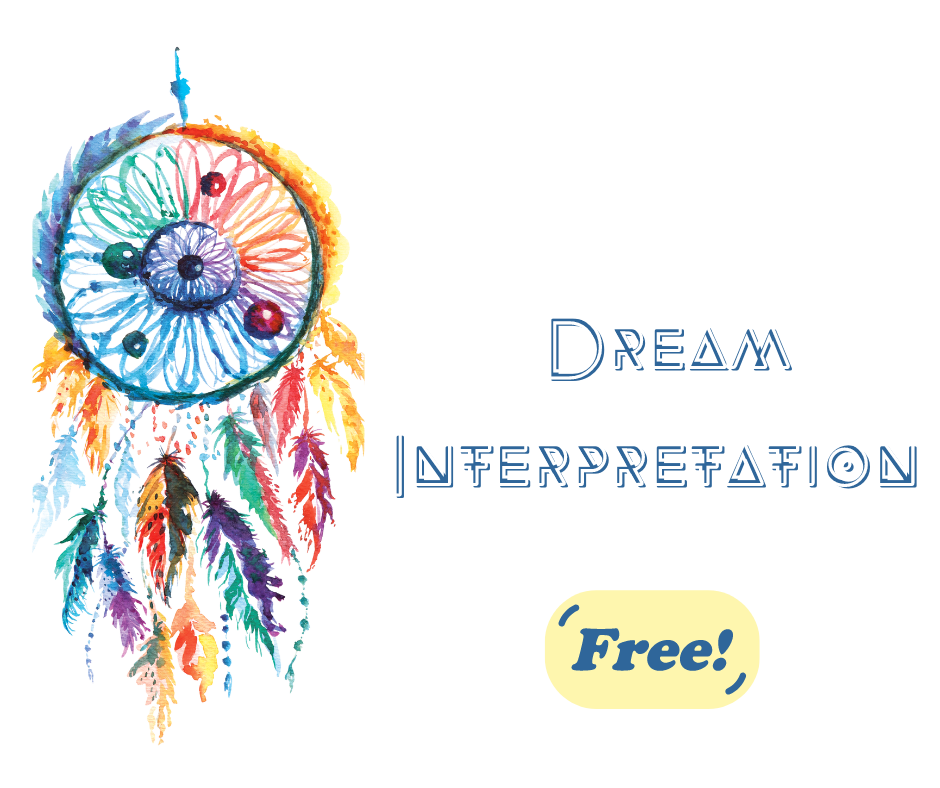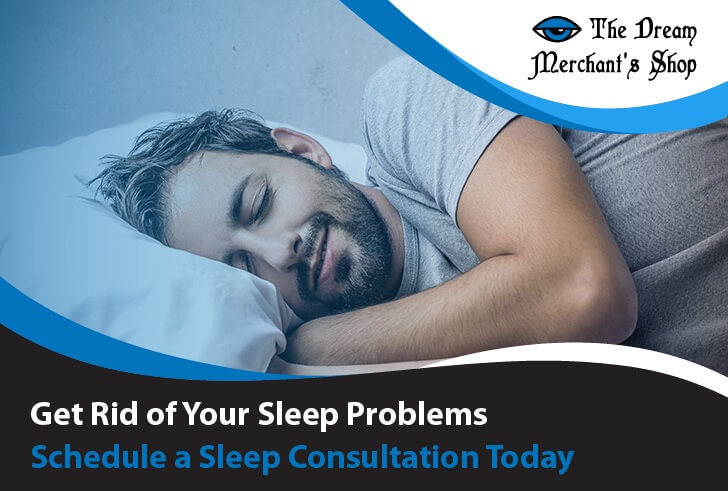Narcolepsy is a hypersomnolence disorder, which is unrelated to sleep-related breathing disorders.
Hypersomnolence is a state of excessiveness sleep or tiredness.
Thus, narcolepsy is a state of excessive sleepiness, not due sleep disturbances, such as sleep apnea or not getting enough sleep, and not due to medical and psychiatric conditions or drug/substance abuse.
People who suffer from narcolepsy often transition quickly and unexpectedly from a state of wakefulness to REM sleep, the stage of sleep in which most dreams occur.
Sometimes narcolepsy is accompanied by cataplexy, the loss of muscle tone, which results in weakness and loss of voluntary muscle control.
We have already covered narcolepsy in an in-depth article. Here we are going to focus on how to tell if you might be suffering from narcolepsy. In other words, what are the signs of narcolepsy?
More males suffer from narcolepsy than females.
The disorder usually begins in the teenage years and up to 20 years of ago though sometimes even adults older than 35 years old can get it and rarely even kids under 5 years of age suffer from it.
The trigger for narcolepsy can be head trauma, viral infections such as streptococcal infections, or sleep deprivation. There’s also a genetic component.
Signs of Narcolepsy
- The hallmark of narcolepsy is excessive daytime sleepiness. This can be manifested as pervasive sleepiness, irresistible sleep attacks, or “micro sleeps,” bouts of sleep lasting split seconds several times daily.
- Napping only refreshes one for a short while, then one becomes tired again.
- Hallucinations while falling asleep or waking up from sleep.
- Frightening sleep paralysis attacks lasting seconds to minutes, often accompanied by hallucinations.
- Cataplexy (weakness of voluntary muscles, especially in knees, face, and neck lasting seconds to minutes with no loss of consciousness and immediate recovery, often triggred by intense emotions or laughter).
- Automatic behavior: performing activities without being aware of doing them.
- Morning arousals earlier than planned/desired.
- Fragmented sleep/multiple arousals.
- Drop in memory/concentration and school/work performance.
- Depression.
- Frequent lucid dreaming or out-of-body experiences.
- Children with narcolepsy are often obese.
In short, if you get enough sleep throughout the night and even sometimes nap throughout the day, yet you feel tired all the time, your doctor did not find that you suffer from any medical or psychiatrist conditions, then there’s a chance you have narcolepsy.
This is especially likely if you also have cataplexy and sometimes your body falls asleep unexpectedly while you remain aware.
If you suspect you’re suffering from some of the listed signs of narcolepsy, we invite you to schedule a consultation with us for help with managing the disorder.


